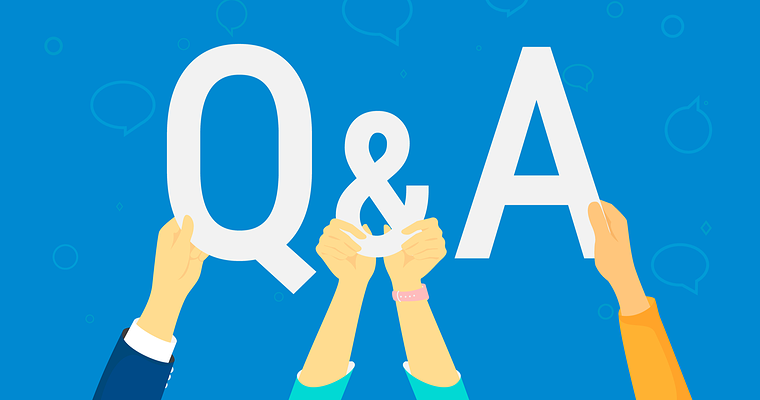Transgender people come from all walks of life. They may be your coworkers, family members, or neighbors, or even friends. The diversity in this community is huge and is represented by all racial, ethnic, age and faith backgrounds.
The International Transgender Day of Visibility is to honor and celebrate transgender people around the world and the courage that it takes to live openly and authentically while raising awareness around the discrimination that trans people still face, today.
I'm going to be answering some asked questions via Social Media. No, I'm not a trans person, I'm a supporter! You don't have to be a trans person to support the transgender community. Just remember how hard it might be for someone to be placed in a group of minorities who suffer discrimination.
1. What does it mean to be transgender?
The word “transgender” – or trans – is an umbrella term for people whose gender identity is different from the sex assigned to us at birth. Although the word “transgender” and our modern definition of it only came into use in the late 20th century, people who would fit under this definition have existed in every culture throughout recorded history.
If you want a more efficient background, read 'Trans Bodies, Trans Selves: A Resource for the Transgender Community'.
2. What's the difference between 'gender' and 'sex'?
Sex refers to the designation of a person at birth as either "male" or "female" based on their anatomy (e.g. reproductive organs) and/or their biology (e.g. hormones).
Gender refers to the traditional or stereotypical roles, behaviors, activities, and attributes that a given society considers appropriate for men and women.
3. What does it mean, to 'transition'?
Transitioning is the process some transgender people go through to begin living as the gender with which they identify, rather than the sex assigned to them at birth. This may or may not include hormone therapy, sex reassignment surgery, and other medical procedures.
4. What's the difference between being 'transgender' and being 'gay'?
Being transgender is about an individual’s gender identity while being gay is about an individual’s sexual orientation, which is our attraction to people of the same gender, different genders or both. Gender identity and sexual orientation are two different things.
5. Is being 'transgender' a mental disorder?
No, but this remains a common stereotype about transgender people.
Transgender identity is not a mental illness that can be cured with treatment. Rather, transgender people often experience a persistent and authentic disconnect between the sex assigned to them at birth and their internal sense of who they are. This disconnect is referred to by medical professionals as “gender dysphoria” because it can cause undue pain and distress in the lives of transgender people.
6. Do all people who transition have to go through surgery?
No, many transgender people can successfully transition without surgery. Some have no desire to pursue surgeries or medical intervention.
7. Is it illegal to be 'transgender'
In some countries, yes, but, generally speaking, in most countries in Europe and North-America is legal to be transgender.
Soon, I'll be releasing a book called 'Break My Heart'. You can pre-order it now, it will be released on Friday, the 3rd of April.
CLICK ON THE IMAGE TO PRE-ORDER 'BREAK MY HEART'



The Biggest & Most Popular Casinos to Win Real Money Online
ReplyDeleteThe Biggest 창원 출장마사지 & Most Popular Casinos to Win Real Money Online It's a high roller with 김천 출장마사지 players searching 나주 출장안마 for 전주 출장샵 the most popular slot 천안 출장안마 machine games online.